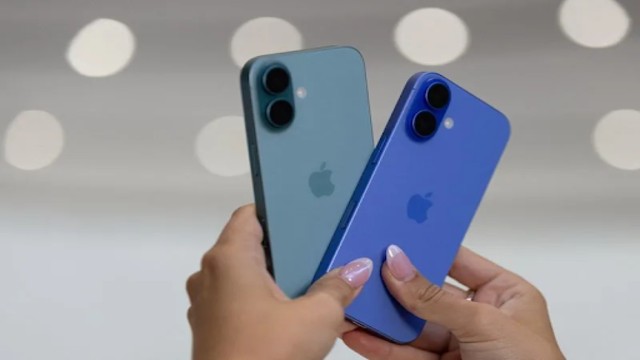
Two Apple iPhone 16 models displayed at a launch event in Cupertino, California, U.S. · Reuters
Apple has reaffirmed its commitment to user privacy, addressing concerns about its Siri voice assistant in the wake of a $95 million class-action lawsuit settlement. The tech giant clarified it has never sold Siri-related data, used it to create marketing profiles, or shared it with advertisers. These statements followed allegations that Siri unintentionally recorded private conversations and shared them with third parties.
Last week, Apple agreed to settle the lawsuit, which accused the company of improperly recording conversations when users unintentionally activated Siri. Claimants also alleged that such data was shared with advertisers. Apple denied the allegations and did not admit fault but agreed to compensate affected users. Eligible customers may receive up to $20 per Siri-enabled device, such as iPhones and Apple Watches, as part of the settlement.
Siri, like other voice assistants, is designed to respond to specific "wake words" such as "Hey, Siri." However, users claimed the assistant sometimes activated unintentionally, leading to inadvertent recordings. This lawsuit caused significant public concern, with some interpreting the settlement as an admission of wrongdoing.
On Wednesday, Apple issued a detailed statement to refute such interpretations. The company emphasized that Siri data is never used for advertising, sold to anyone, or employed for building marketing profiles. Apple also reiterated its dedication to minimizing data usage. Certain Siri features require real-time interaction with Apple servers, but even then, the data used is limited to what is essential for delivering accurate responses.
Apple clarified that audio recordings of Siri interactions are not retained unless users opt-in to help improve Siri’s functionality. In such cases, the recordings are exclusively used for that purpose and not shared with any third parties. The company also announced ongoing efforts to enhance Siri's privacy features.
The lawsuit has spotlighted broader concerns about voice assistant technologies and privacy, with Apple urging users to understand its privacy-first approach. Meanwhile, a similar case involving Google’s Voice Assistant is currently under review in federal court in San Jose, California. The same law firms that represented Apple’s plaintiffs are handling the Google case, suggesting the scrutiny of voice assistants’ data practices is far from over.
Apple’s stance highlights its proactive response to safeguarding user trust while facing growing public scrutiny over data privacy. As voice assistants become increasingly integral to daily life, the conversation about privacy and accountability is likely to intensify.















